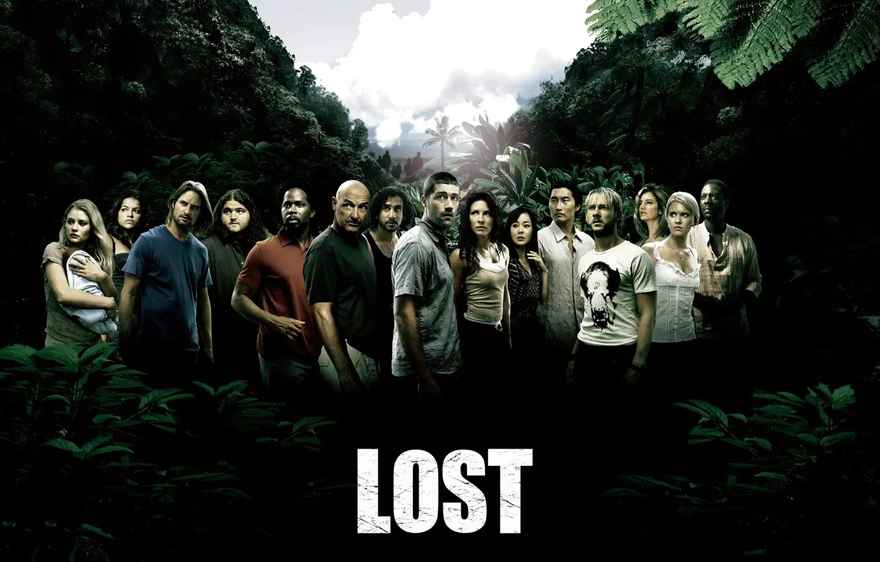What "Lost" Taught Us About Connection, Mystery, and the Human Condition

“If we can't live together, we're going to die alone.”
Few TV shows have managed to capture our attention as profoundly as Lost. When it debuted in 2004, it was so much more than a television series; it was a cultural phenomenon. Millions of viewers tuned in weekly, dissecting each mysterious clue, debating theories, and forming connections with characters whose struggles felt deeply human. Nearly two decades later, its impact still reverberates not just for its groundbreaking storytelling but for its lessons about connection, mystery, and the essence of being human.
Having recently watched the documentary Getting Lost, I have been reflecting on what made the series so resonant and the lessons we can carry from it into our lives and leadership today. Lost wasn’t just about survivors of a plane crash – it was about the existential questions that bind us all and the connections we forge as we seek meaning in the chaos.
Connection is the Core of Survival
One of Lost's most profound themes is the importance of connection. The characters come from vastly different backgrounds – criminals, doctors, musicians, and con artists – yet they must rely on each other to survive. Over time, these unlikely bonds deepen, and the show explores how connection transcends differences. Lost reminds us of the power of collaboration and community. Whether in the workplace or in society, we thrive when we focus on what unites us rather than what divides us. For leaders, this is a powerful call to foster cultures of inclusion and mutual support. As Jack Shepard’s iconic mantra reminds us, "If we can't live together, we're going to die alone." How can you cultivate connections with those who see the world differently from you? Consider what bonds might exist beneath the surface.
Embrace Mystery and Uncertainty
From polar bears on a tropical island to cryptic numbers and enigmatic hatches, Lost thrived on mystery. Viewers were drawn in not because everything was explained but because the show encouraged curiosity. It trusted its audience to lean into the unknown and form their own interpretations.
Lost is a masterclass in the power of mystery in a world increasingly obsessed with clarity and immediate answers. The series teaches us that uncertainty isn’t something to fear but a catalyst for discovery and growth. Whether you’re tackling a complex project at work or navigating life’s unexpected turns, embracing ambiguity can lead to creative breakthroughs. Instead of rushing to resolve uncertainty, what if you paused to explore it? Often, the journey of curiosity is more rewarding than the answer itself.
Stories Shape Identity and Legacy
Each episode of Lost was interwoven with flashbacks, flash-forwards, and even flash-sideways that explored the characters’ pasts and alternate lives. This structure highlights how stories define us and how we understand others. This offers a profound insight for leaders: the narratives we craft – both for ourselves and our organizations – shape how we show up in the world. By embracing the power of storytelling, we can create legacies that inspire and endure. In Lost, it wasn’t just the island that transformed the characters; it was their willingness to confront and rewrite their personal narratives. Reflect on your story. What chapters have shaped you, and what new ones are you ready to write?
The Journey Matters More Than the Destination
And then there was the finale. The finale of Lost was famously polarizing, with fans divided over its ambiguous conclusion. Yet, as the creators later explained, the series was never about answering every question – it was about the characters’ journeys and the bonds they formed along the way. In our results-driven world, this lesson feels more relevant than ever. While goals and achievements are important, the true measure of success lies in the process and the people you meet. For leaders and innovators, this means valuing the journey as much as the outcome. Are you so focused on the destination that you’re missing the richness of the journey? Take a moment to appreciate where you are right now.
Redemption and Transformation Are Always Possible
Many Lost characters were deeply flawed – Sawyer, Kate, Ben Linus – but the island gave them a chance to grow and redeem themselves. The series explored the idea that transformation isn’t linear and people aren’t defined by their worst moments. This resonates deeply for anyone navigating challenges, personally or professionally. We’re all works in progress, and Lost reminds us that even in the face of failure, we can choose growth and renewal. What part of your life or career needs a second chance? How can you embrace the idea of transformation, even when it feels difficult?
Lost was a mirror reflecting our collective hopes, fears, and dreams. It dared to ask the big questions: What does it mean to be human? How do we find meaning in chaos? And how do we navigate the mysteries of existence together?
These lessons remain relevant as ever as we face our own challenges – whether in leadership, relationships, or personal growth. Lost teaches us to lean into connection, embrace the unknown, and find meaning in the stories we live and share in a world that often feels as complex and unpredictable as the island itself. What questions are you willing to ask? What connections are you ready to build? The answers may surprise you.


0 comments
Leave a comment
Please log in or register to post a comment